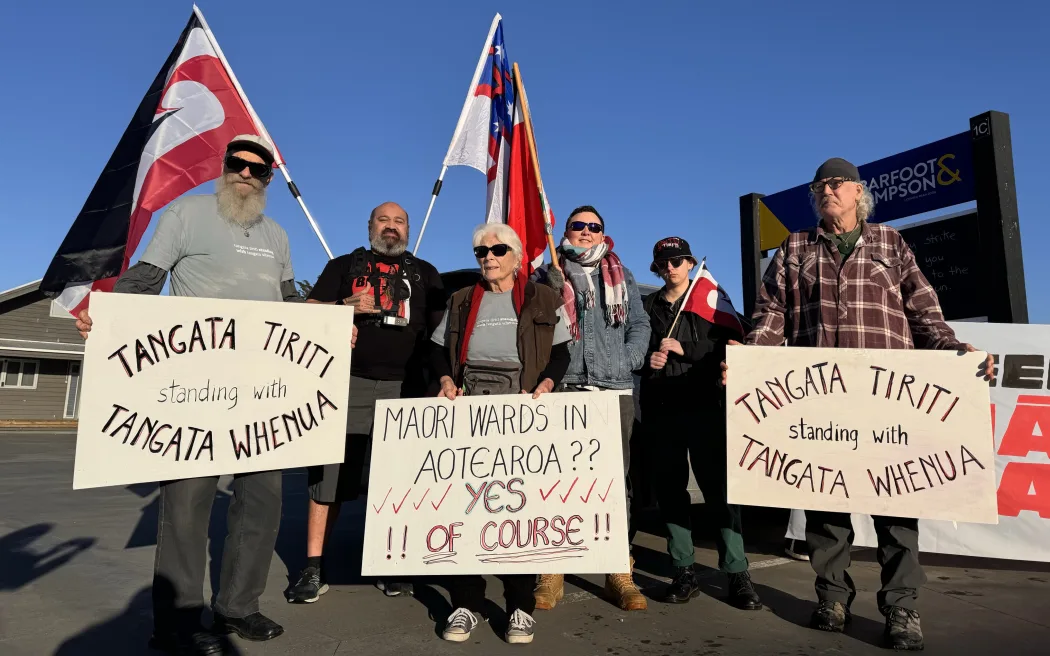
Written by Te Paea Parengaio Maurirere
A quick history:
Let’s back up to 2001. Māori wards were introduced under the Local Electoral Act to give Māori a voice in local government. For many years, councils rarely created them because the law made it easy for a small number of people to stop them. In 2021, the Labour government amended the law to allow councils to establish Māori wards without requiring public approval. This allowed several councils to introduce Māori wards for the 2022 local elections, giving Māori communities more say in decisions that affect their daily lives. Now, the future for these wards is uncertain. As part of their coalition agreement with National, ACT included a commitment to try and wipe out Māori wards.
What Even Are Māori Wards and What Do They Do?
Māori wards are council seats where councillors represent Māori communities. People on the Māori electoral roll vote for these councillors. They sit alongside general ward councillors and take part in decisions on housing, infrastructure, local services, and environmental management. They’re like the Māori seats in Parliament, but for local councils.
The purpose of Māori wards is co-governance. Māori are still underrepresented in local government, despite being tangata whenua and Treaty partners. Māori wards help fix that imbalance, giving Māori communities input into decisions that directly affect them. They are not about giving Māori an advantage; they are about levelling the playing field, so councils reflect the people they serve. The argument that they provide Māori some sort of edge is flawed and racist, because you wouldn’t say “let’s get rid of general wards” just because non-Māori already have plenty of representation. It’s simply about making room at the table for people who should already be sitting there.
Why Your Vote Counts
Māori wards aren’t just council seats, they are instrumental in making local democracy works for the people it claims to serve. Supporting candidates who back the continued existence of Māori wards, and—importantly—voting for them, helps ensure Māori communities have a real say in decisions about their homes, services, and environment. Democracy that doesn’t platform Māori voices isn’t democracy at all.